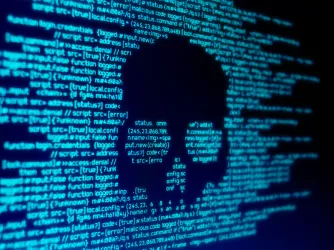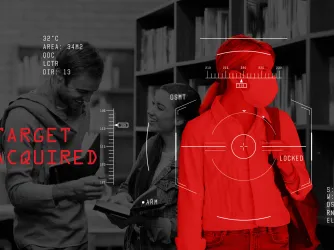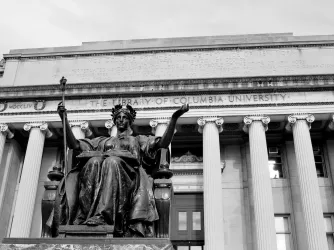Table of Contents
Are Columbia’s Speech Codes’ Days Numbered?


True free speech may be on the horizon for students and faculty at Columbia University.
After the University of Chicago’s recent letter to incoming students telling them not to expect “intellectual ‘safe spaces,’” Columbia University President Lee C. Bollinger made similar remarks last Monday to Columbia’s latest incoming class.
Columbia has been the subject of FIRE’s attention for years. Of late, we’ve praised it for adopting a version of the Chicago Statement—it’s so-called Affirmative Statement—committing to prioritize speech on campus, but we have concurrently taken the Ivy League school to task for its “red light” speech codes which clearly and substantially restrict freedom of speech.
My colleague Samantha Harris pointed out the contradiction in January:
While the university has always promised its students free speech rights, this expanded statement establishes Columbia’s commitment to free speech as a core part of the university’s identity. It also leaves no doubt that the university’s protection of free speech extends to the kinds of controversial and/or unpopular speech that many people claim must be prohibited in the name of civility.
There is just one problem: Columbia still maintains speech codes that prohibit exactly the kinds of speech the university claims to protect.
For example, Columbia’s Email Usage Policy prevents “offensive or other unwelcome messages” that could include the very kind of protected speech that Columbia’s Affirmative Statement says it protects. Likewise, in Columbia’s Student Policies and Procedures on Discrimination and Harassment, “[d]iscriminatory harassment" is defined so broadly as to include "denigrating jokes" and "negative stereotyping." That kind of speech ought to also fall under the protection of the Affirmative Statement.
FIRE hopes Bollinger’s most recent comments signal that he’s serious about protecting campus speech; the best way to demonstrate that is for Columbia to reform its speech codes. But at the very least, Bollinger has now doubled down on the speech-friendly promises the university made last fall. What’s more, his comments also eloquently convey the spirit of some of FIRE’s deepest-held convictions: That simply protecting freedom of speech is not enough; we must also use it as a tool to move society forward.
Bollinger’s remarks are worth quoting at length:
We don’t ban speech. We don’t censor speech.
I do not for a second want you to think that this is a simple, clear-cut, self-evident principle or policy. You hear a lot of people these days talking as if it were; as if all of this has been perfectly obvious and no reasonable person could believe otherwise. I have spent a good part of my life trying to understand why this approach is indeed the right one—a sound way to structure a society or a university—that I can assure you: It is highly, highly complicated. Nevertheless, it is a choice, it is our choice, and you should know that at this university, you cannot expect the institution to intervene to stop thoughts or viewpoints most of us may dislike, maybe even deeply so. We will not let others do what we cannot do ourselves. At the same time, we cannot just leave it there.
Just because we cannot and will not stop or censor speech, does not mean we will or should do nothing. That we are powerless. Indeed, the burden we have imposed upon ourselves, for foregoing censorship is the responsibility to engage in the debate. We can express counterviews. Give reasons why a contrary view is wrong, offensive, or dangerous. We can be upset, angry, organize an opposition, ignore or shun the speaker, employ humour to deflect injury. We can also listen, reflect, reconsider, and forgive.
To say we can’t ban speech is easy. To say what follows next, is hard. Very, very hard. And there is the point: How you grapple with ideas, with thoughts, and viewpoints, and the myriad of ways available to you, will determine who you are.
What follows next for Columbia remains to be seen, but with promising statements like the one its president made last week, FIRE hopes the days of restrictive speech codes at this institution are indeed numbered.
Recent Articles
Get the latest free speech news and analysis from FIRE.

FIRE statement on FCC approval of Skydance-Paramount acquisition

The mercenary spyware industry is a menace to global free expression

Smile for the surveillance state
